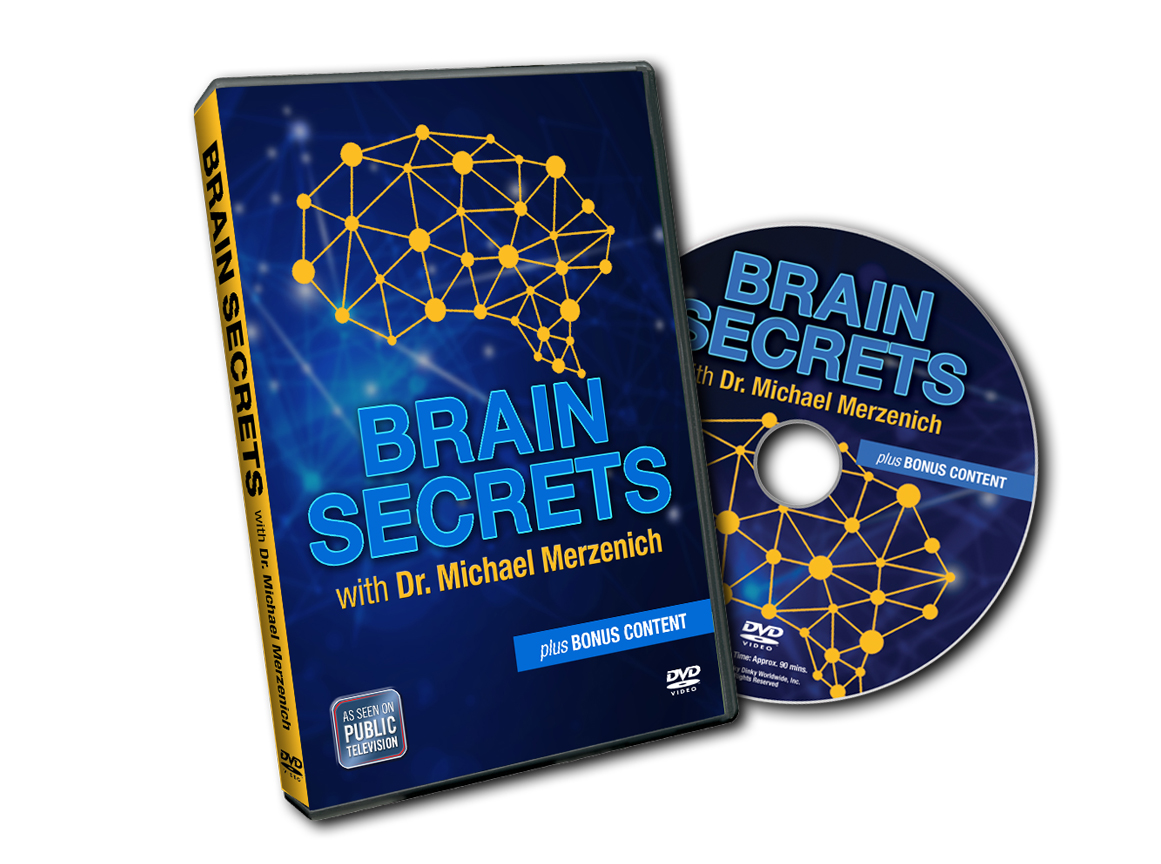


Learn something new, such as a second language or a musical instrument.You could start with something as simple as eating with the hand you usually don’t use from time to time. But the main idea seems to be keeping your brain active and challenged. What kinds of brain exercises should I do? The silver lining here? People who regularly challenge their minds may spend a shorter part of their lives in a state of decline, even if they do get Alzheimer's. It's possible that being mentally active bolstered the brain at first, so symptoms didn't show up until later. After people started having Alzheimer's symptoms, though, mental decline sped up in those who kept their minds engaged. One study found that exercising the mind delayed declines in thinking skills. Repeat this exercise each time you go somewhere new. They also improved at everyday tasks, such as the ability to manage money and do housework.īut what about prevention of Alzheimer's and other dementias? Does brain training help? After returning home from visiting a new place, try to draw a map of the area. People who took the training showed improvement in these skills that lasted for at least 5 years. Ageless Grace is a cutting-edge brain fitness program based on neuroplasticity that activates all 5 functions of the brain strategic planning, memory/recall, analytical thinking, creativity and imagination, kinesthetic learning and simultaneously addresses all 21 physical skills needed for lifelong optimal function.

The sessions focused on tactics for these skills: They went to up to 10 hour-long brain-training sessions for 5 to 6 weeks. One study involved more than 2,800 adults 65 and older. So games, puzzles, and other types of brain training may help slow memory loss and other mental problems. When people keep their minds active, their thinking skills are less likely to decline, medical research shows. Can brain exercises help delay memory loss or dementia? Here’s what we know about the impact of exercising your brain. But a number of studies show there are benefits to staying mentally active. Scientists need to do more research to find out for sure. Can you help your brain stay healthy as you age by doing things that challenge your mind? Could that also help you avoid memory loss, or even prevent or delay dementia such as Alzheimer's?


 0 kommentar(er)
0 kommentar(er)
